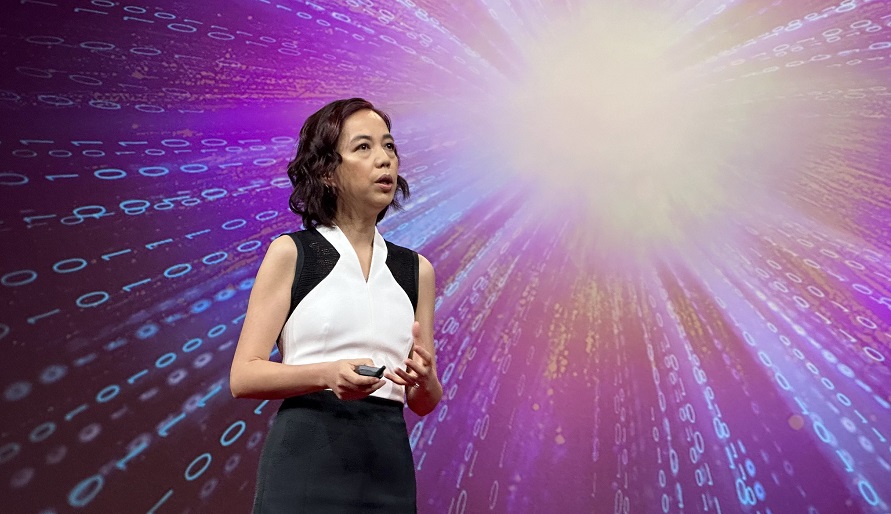 AI
AI
 AI
AI
 AI
AI
World Labs, a new startup founded by prominent artificial intelligence researcher Fei-Fei Li, has reportedly raised about $100 million in funding.
The Financial Times reported the investment today. According to the paper’s sources, World Labs raised the capital over two funding rounds, the most recent of which valued the company at more than $1 billion. The company’s investors are said to include Andreessen Horowitz and Radical Ventures, a Toronto-based venture fund where Li is a scientific partner.
Li reportedly launched World Labs in April while on partial leave from Stanford University, where she is the co-director of the Human-Centered AI Institute. She earlier led another Stanford machine learning lab known as SAIL for five years.
In 2006, Li created ImageNet, a groundbreaking AI training dataset that laid the foundation for many subsequent machine learning advances. The dataset contains millions of images with annotations that describe the objects they depict. Researchers have used ImageNet as the basis of numerous machine learning projects, including AlexNet, an early computer vision algorithm seen as a key predecessor to modern AI models.
World Labs is reportedly developing a model with so-called spatial intelligence. A venture capitalist familiar with the project told the Financial Times that the model will have the ability to understand “the dimensions of objects, where things are and what they do.” In May, Reuters reported that World Labs’ AI will also be capable of “advanced reasoning.”
Li discussed the applications of spatial intelligence in a TED talk earlier this year. According to the researcher, the technology could enable robots to more efficiently navigate physical spaces. A hospital, for example, could use an autonomous vehicle with spatial intelligence capabilities to transport medical supplies.
During the talk, Li said the technology can also ease the task of programming industrial robots. She pointed to a recent academic project in which researchers showed that an AI-powered robotic arm can perform tasks based on natural language instructions. That project used a large language model to process users’ prompts.
Today’s report didn’t specify whether the AI that World Labs is developing is also an LLM or uses a different architecture. It’s unclear what use cases the company will target with the software.
The cost of developing an advanced AI model can run into the nine figures in some cases. Hardware expenses, notably graphics card purchases, usually account for much of the development budget. As a result, it’s likely that a sizable portion of the $100 million that World Labs has reportedly raised will go towards AI infrastructure.
The company may seek to raise significantly more funding down the road to support its research efforts. OpenAI, Anthropic PBC, Mistral AI and other LLM startups have collectively raised tens of billions of dollars from investors over the past few years.
Support our mission to keep content open and free by engaging with theCUBE community. Join theCUBE’s Alumni Trust Network, where technology leaders connect, share intelligence and create opportunities.
Founded by tech visionaries John Furrier and Dave Vellante, SiliconANGLE Media has built a dynamic ecosystem of industry-leading digital media brands that reach 15+ million elite tech professionals. Our new proprietary theCUBE AI Video Cloud is breaking ground in audience interaction, leveraging theCUBEai.com neural network to help technology companies make data-driven decisions and stay at the forefront of industry conversations.